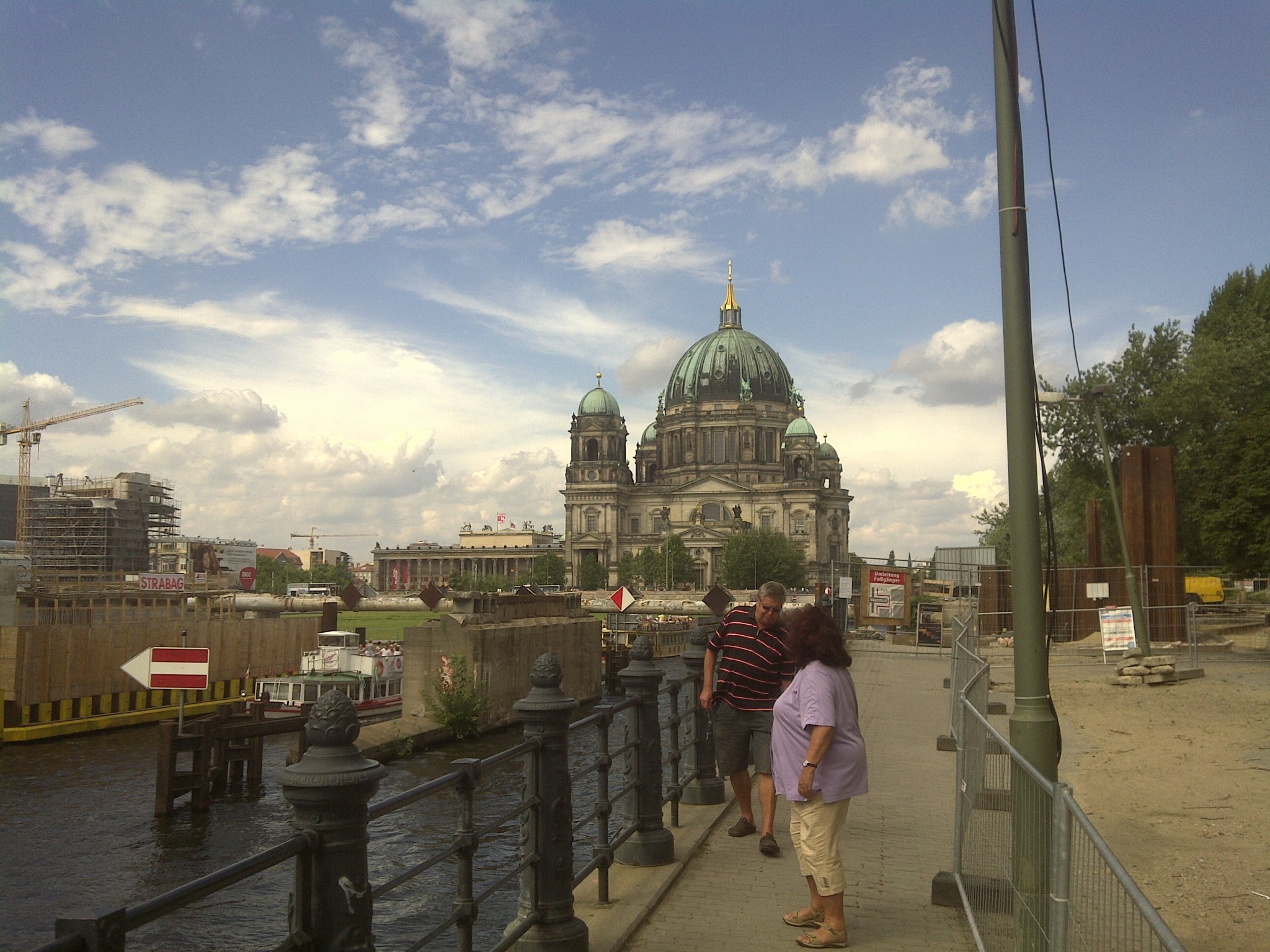Continuing our ongoing tracking of the effect of the Covid-19 lockdown on museums and arts organizations, I penned a column in Apollo magazine today. You can read the full article here (subscription required for more than three articles), the first paragraph is reprinted here as a teaser:
One key question for museums boards, management, and their supporters to ask right now is this: what do they actually want to accomplish when the Covid-19 crisis subsides and the lockdowns end? Is a museum its collection, its location, its staff or its visitors? Until recently we had the comparative luxury of asking these questions one museum crisis at a time. Should a small museum (for example, the Berkshire Museum in Pittsfield, Massachusetts) survive at all costs without the collection that created its very importance? Should it seek a better home for its collection but perhaps lose some of its unique character or even its individual existence (see the Corcoran Gallery of Art’s merger with the National Gallery of Art in Washington, D.C.)? Or should it evolve in a way that is perhaps contrary to its founders’ specific desires (the Barnes Foundation’s move to Philadelphia from the truly sui generis yet remote home in Lower Merion created by Dr Barnes)?
Now, with [read more here]
Read More
Topics:
National Academy Museum,
National Gallery of Art,
Metropolitan Museum of Art,
ICOM,
American Alliance of Museums,
Philadelphia,
AAM,
Association of Art Museum Directors,
International Council of Museums,
Corcoran Gallery of Art,
AAMD,
Barnes Foundation,
Pittsfield,
Berkshire Museum,
Apollo Magazine,
UPMIFA,
endowment,
Uniform Prudent Management of Institutional Funds

Debate has peaked in the last year or so about the treatment and possible restitution of so-called colonial artifacts in Western (i.e., European and North American) museums. The conversation is important for many reasons, but one interesting facet is the way in which the discussion moved from a peripheral topic to one consuming high-level government attention in a very short amount of time. In the process, institutions that have been devoted for well over a century to artistic, archeologic, and ethnographic displays have found themselves in a very public conversation about the future and even the validity of their mission. This discourse culminated last fall in a report commissioned by President Emmanuel Macron, authored by Bénédicte Savoy of France and Felwine Sarr of Senegal, recommending (among other things, as discussed below), that objects sent to France should be returned if the country of origin requests it. Germany has now joined the conversation with the announcement of a collective declaration addressed to the collection of German federal and state museums.
Read More
Topics:
Berlin,
ICOM,
Deutsches Zentrum Kulturgutverluste,
Germany,
Washington Principles on Nazi-Confiscated Art,
SPK,
Stiftung Preussischer Kulturbesitz,
International Council of Museums,
1970 UNESCO Convention,
Monika Grütters,
Art Law Report,
Capital Requirements Regulation,
Bénédicte Savoy,
Felwine Sarr,
Emmanuel Macron,
Humboldt Forum,
Unter den Linden,
Stadtschloss,
Frederick the Great,
East Germany,
Volkskammer,
Collective Declaration,
Dahlem,
Nama,
Namibia,
Federal Ministry of Culture, Media, and Sport,
Länder,
German South West Africa,
Deutsches Zentrum Kulturverluste,
Ethnological Museum,
Gemäldegalerie,
Staatliche Museen zu Berlin,
Herero
I am looking forward to participating next month in a symposium entitled :"Ethics and Cultural Patrimony: Viewpoints" at L'Ecole du Louvre in Paris on October 20-21, 2015. The event is organized by L’Institut Droit Ethique Patrimoine (Institute of Law, Ethics and Heritage), in partnership with l’Institut d’Etudes de droit public (Institute of Public Law Studies) and l’Ecole du Louvre, and take place at the Ecole du Louvre, Palais du Louvre, porte Jaujard, place du Carrousel, 75001 Paris. The conference website (with registration) can be found here, and the brochure can be opened here.
Read More
Topics:
Bordeaux University Montaigne,
cultural property,
Lafferière-François Julien,
Denis Michel Boëll,
Ecole du Louvre,
National Consultative Ethics Committee,
Deaccession,
Schwabinger Kunstfund,
Marie Cornu,
James Bradburne,
Geraldine Goffaux Callebau,
Musée de la Marine,
Council of Voluntary Sales,
Tehran,
Astrid Müller-Katzenberg,
Baptiste Brown,
Conservation,
ICOM,
Marie Berducou,
Stéphane Duroy,
University of Toulouse Capitole,
National Heritage Institute,
Michel Van Praët,
University of Shahid Beheshti,
Paris,
Philippe Durey,
Arnaud Beaufort,
University of Poitiers,
University Western Bretagne,
Nathalie Heinich,
Milan,
Julien Chapuis,
Pinacoteca di Brera,
French National Commission for UNESCO,
Philippe-Henri Dutheil,
University Rennes,
Vincent Negri,
Durey Philippe,
Céline Castets- Fox,
Gurlitt,
Restitution,
Sophie Vigneron,
Bittoun Jacques,
Sullivan & Worcester LLP,
Events,
University Institute of France,
University of Kent,
Museum for Byzantine Sculpture Collections and Art,
National Library of France,
Center for Research and Restoration of Museums of,
Noëlle Timbart,
Chadelat Catherine,
Dominique Jarrassé,
Claire Barbillon,
Janicot Daniel,
Gilles Ragot,
University of Montreal,
State Museums in Berlin,
Nicholas M. O'Donnell,
International Society For Law Research of Cultural,
Edouard Planche,
Emmanuelle Polack,
Fromageau Jérôme,
Université Paris Sud,
EY Société d’avocats,
Gautrais Vincent,
Janet Blake
The Art, Cultural Institutions and Heritage Committee of the International Bar Association (of which I am a member) will be sponsoring an event March 26-27, 2015 at Sotheby’s in London. The IBA Individual Tax and Private Client Committee is also a co-sponsor, in connection with the IBA European Regional Forum. Sotheby’s is located at 34-35 New Bond Street in London.
Read More
Topics:
Karen Sanig,
Daniel Simon Collyer Bristow,
Helly Nahmed Gallery,
The Princely Collections,
Lucian Simmons Steven Thomas,
Art Finance,
Mary Romano,
Rina Pantalony,
Philip Hoffman,
International Julius Baer,
Luke Dugdale,
Helly Nahmad,
UGGC Avocats,
Studio Legale Jacobacci & Associati,
Mark Cornell,
UK Government Art Collection,
ICOM,
Daniel Tunkel Howard Kennedy,
Peter Polak,
David Arendt,
Adrian Parkhouse,
Diana Wierbicki,
Paris,
Guy Simonius,
Bloomberg,
Johann Kräftner,
Art Cultural Institutions and Heritage Committee o,
Columbia University,
Geneva; Wendy Philips,
Herrick,
ARIS Title,
Melanie Gerlis The Art Newspaper,
Jasper Sharp,
Sandrine Giroud,
Cadell & Co,
Scotland Yard,
Lalive,
Jean-Francois Canat,
Houston Francesca von Habsburg,
1858 Ltd Art Advisory,
Viola Reikhel-Bolot,
UCLA School of Law,
Thyssen-Bornemisza Art Contemporary,
Stephen D Brodie,
Fine Art Wealth Management,
The Fine Art Fund Group,
Marlborough Contemporary,
Los Angeles,
Randall Willette,
Events,
Massimo Sterpi,
Luxembourg,
Sherri North Cohen,
Dreweatts & Bloomsbury Auctions,
Le Freeport,
Kunsthistorisches Museum,
LIECHTENSTEIN,
Adrian George,
Fabrizio Moretti,
Alfredo Perez,
Mishcon de Reya¸ George Bailey,
TEFAF Maastricht,
Mark Stephens,
Dick Ellis,
IBA Individual Tax and Private Client Committee,
Goldsmiths London University,
Andrew Renton,
Withers,
Sotheby's,
Legal Issues in Museum Administration,
Vaduz,
Zürich,
IBA,
Vienna,
Pure Love of Art versus Mere Investment,
New York
After the 1998 Washington Conference on Holocaust Era Assets and the eponymous Washington Conference Principles on Nazi-Stolen Art that came out of it, it is hardly surprising that a recurring theme has been to assess the progress of those nations that participated and signed on. Equally unsurprisingly, those assessments are usually more anecdotal than empirical, and usually arise out of a particular case or cases in the context of that country’s response.
Read More
Topics:
Graham Bowley,
Macedonia,
Netherlands,
Terezin Declaration,
Mussolini,
Latvia,
Dr. Wesley A. Fisher,
Hungary,
ICOM,
Bulgaria,
Commission for the Compensation of Victims of Spol,
Germany,
Bavarian Minister of Culture,
Nazi-looted art,
Die Welt,
Belarus,
Lex Gurlitt,
Washington Conference on Holocaust Era Assets,
France,
Dr. Ruth Weinberger,
Romania,
Baron Mor Lipot Herzog,
Winfried Bausbeck,
Belgium,
Slovakia,
Vichy,
World Jewish Restitution Organization,
Bundesrat,
Washington Conference Principles on Nazi-Stolen Ar,
Gurlitt,
WJRO,
NS Raubkunst,
Restitution,
International Council of Museums,
Norway,
United States,
Luxembourg,
Looted Art,
World War II,
St. Petersburg,
Poland,
beschlagnahmte Kunst,
Ukraine,
Austria,
Serbia,
Conference on Jewish Material Claims Against Germa,
Italy,
Bosnia,
New York Times,
Monika Grütters,
Slovenia,
Estonia,
Museum and Politics Conference,
National Gallery,
Museum of Fine Arts,
entzogogene Kunst,
Czech Republic





